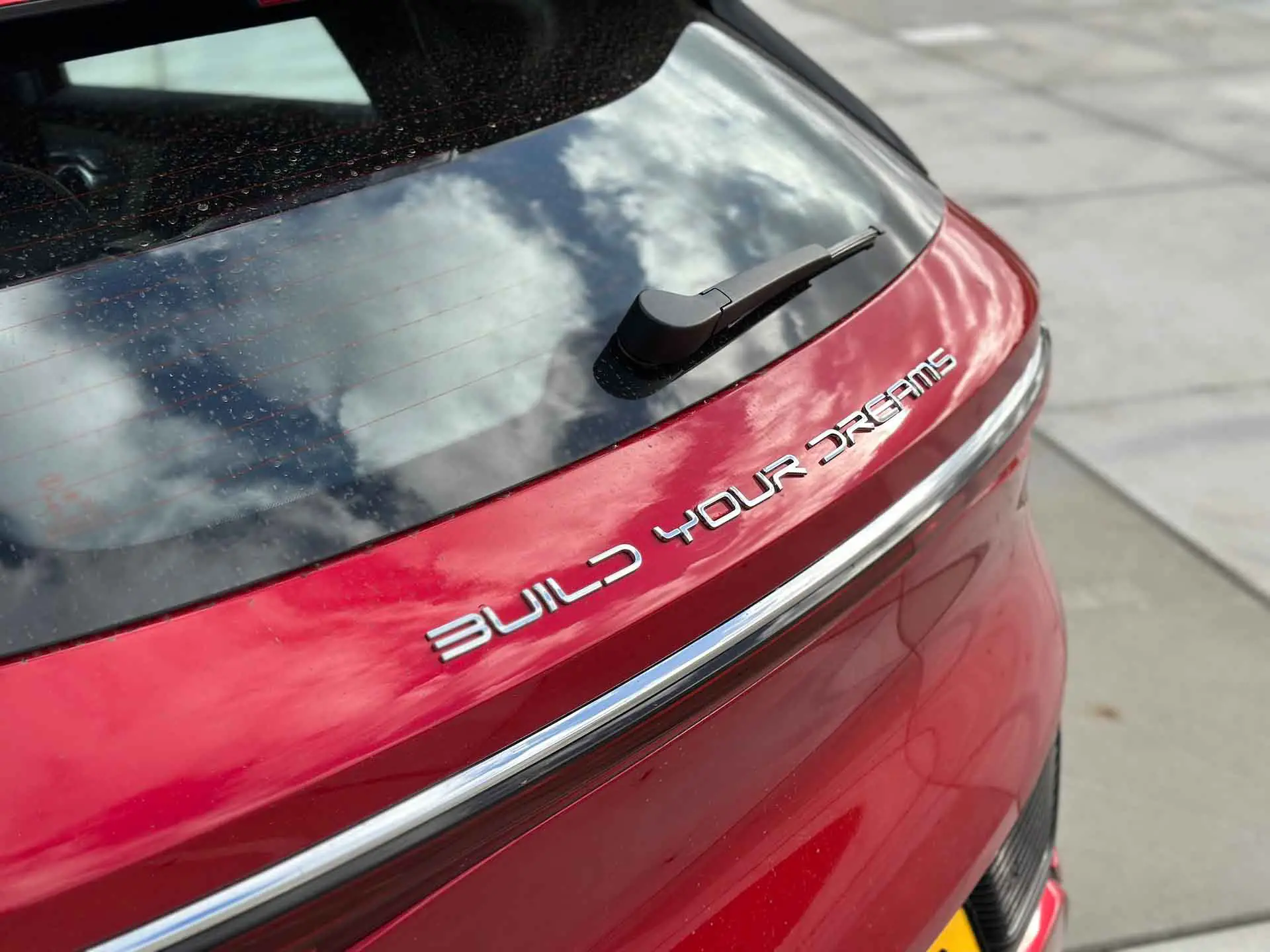Everything you need to know about private leasing an electric car
Sometimes it seems like everyone on your street has an electric car in their driveway. How can that be, electric cars are pretty pricey, right? The answer is often private leasing.
Private lease has become a popular option for many consumers who want to drive a car without having to worry about the cost of maintenance, repairs and insurance. Moreover, private leasing often does allow you to drive that one electric car you think is cool, because you don’t have to make a big investment. Handy, if you don’t have the budget to pay for a car in one go at the showroom.
How it works.
Private lease is actually a form of renting, where you pay a fixed amount each month to use a car for a set period of time, usually 2-5 years. You agree in advance the number of miles you plan to drive per year. Your only variable cost is fuel costs. Many people like this security because you won’t face unexpected expenses.
Advantages
If you are looking for a new electric car, private lease offers a number of advantages over buying a (used) car. We list five benefits for you.
Fixed amount
First, with private leasing, you pay a fixed amount per month. This is an all-in price where you often only have to pay for fuel costs. This means you don’t have to worry about additional costs involved in owning a car, such as repairs, maintenance, insurance, road tax, tire replacement, body repair, glass repair, depreciation costs and roadside assistance.
New electric car
If you want to switch to electric driving, of course you would prefer a new and modern EV. These often have a good range and, in addition, you can fill up with power at a fast charger in no time. With an older used electric car, things are often quite different. A private lease electric car is always brand new, unless of course you are going to private lease a used car.
No depreciation
You don’t have to worry about depreciation costs with private leasing. That’s the leasing company’s problem. So you can drive out of the showroom with a brand-new electric car, without bothering yourself about “driving the head off.
Flexibility
Private lease offers flexibility. In fact, you can determine the term of the lease, ranging from a few months to several years. Moreover, many leasing companies allow you to terminate the contract mid-term if you get a new job abroad, for example. You can also often keep your claim-free years and continue to save.
Convenience
Finally, private leasing also offers convenience. You don’t have to worry about the red tape involved in owning a car. With private leasing, it is the leasing company that is responsible for taking out insurance, paying road taxes and performing repairs and maintenance, among other things.
Cons
However, there are also some disadvantages to private leasing, such as limited flexibility if you want to switch cars in the interim or if you want to drive fewer miles than agreed upon. You should also keep in mind that you have to return the car at the end of the lease period and you do not become the owner of the car.
What does private lease cost?
If you’re considering private leasing a car, you naturally want to know the costs involved. The monthly amount you pay is determined by several factors, including the type of car you want to lease, the term of the lease and the number of miles you will drive per year.
In general, larger cars are more expensive to lease and shorter terms result in higher monthly payments. The same goes for the number of miles you will drive annually. Leases are often standardized into 10,000, 15,000, 20,000, 25,000 or 30,000 kilometers per year. If you drive more miles than agreed upon, this can result in additional costs per mile. You often have to pay extra for some options, such as a tow bar, winter tires or an option package.

